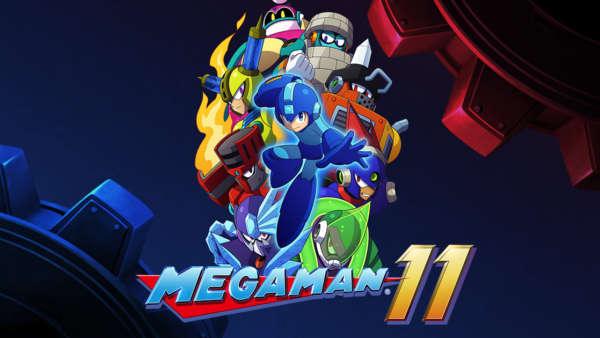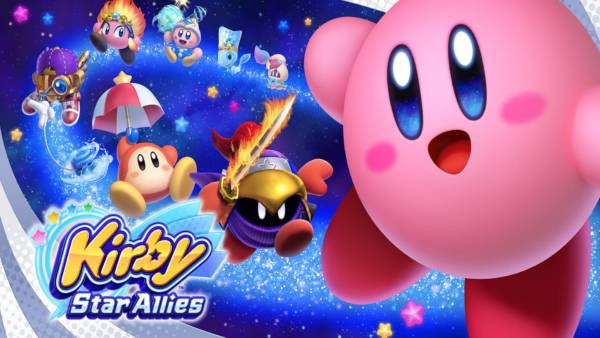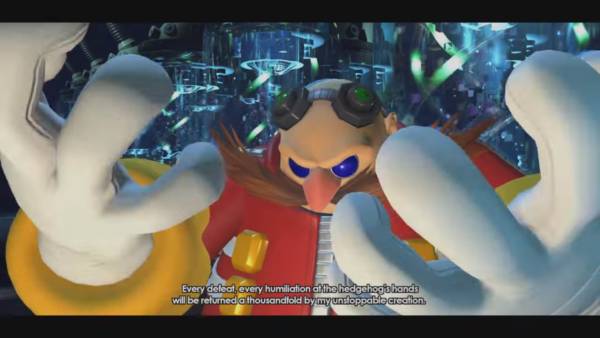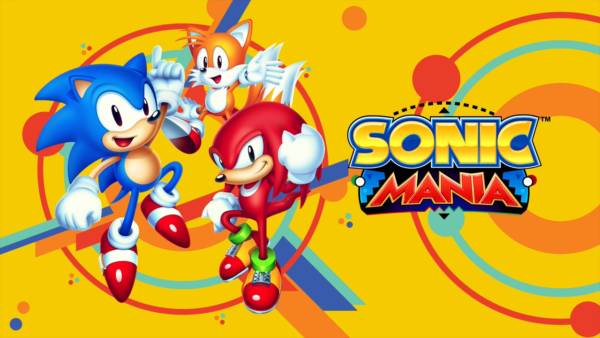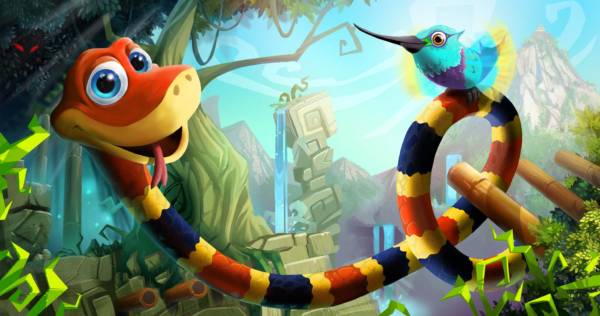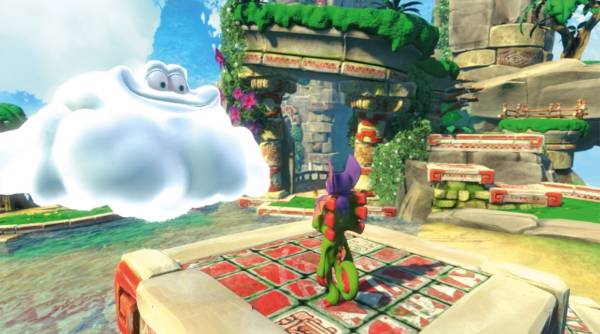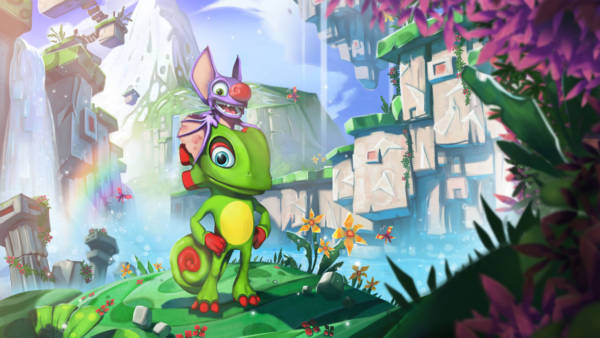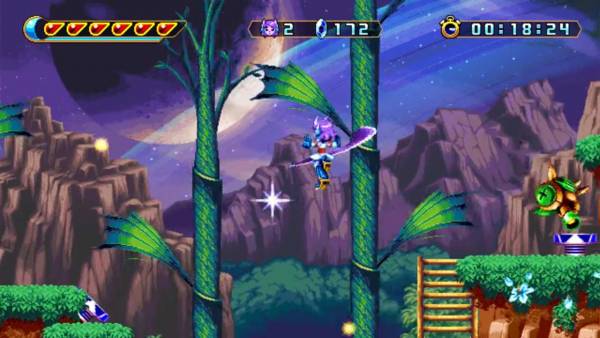One of the key themes that seems to be running through indie games recently is the importance of family. Whether it be finding them in Gone Home, or working to save your father in Brothers: A Tale of Two Sons. Monochroma continues this trend, by placing you in a precarious situation, and only by taking your family’s safety into account will you survive.
Set in a dystopian world based around the 1950’s, Monochroma tells the story of a boy who must keep his younger brother safe from harm after he hurts himself whilst playing in the local playground. Unable to return home to get help, the older brother must carry him through a series of buildings, navigating deadly puzzles and avoiding the gaze of muscle-bound guards who get rid of you at the first opportunity.
To reflect the bleak nature era in question, the world is rendered in black and white, with small, eastern-style animations spliced in between the platforming levels. Not a single word of dialogue is spoken, so any additional story is left up to the player to interpret. This is a refreshing change from dialogue heavy cut-scenes, and allows you to experience the brothers’ plight as they try to find sanctuary without being prompted by what they say.
The majority of Monochroma is set indoors, but when you wonder outside, the smog and constant rainfall are a constant reminder of your bleak circumstances, with only the small beacons of light to give you a glimmer of hope, similar to Remedy’s Alan Wake. At several points in the game, you are required to sit your brother down on the floor to solve a puzzle, but you will only be able to do so inside of these light beacons. This slightly confused me at the beginning, as I could not place the brother anywhere whilst I solved the puzzles. While it makes sense to preserve the difficulty of the puzzles, it was not clear that this was the case, leading to a trial and error scenario rather than picking up on clues that have been left around the game world.
Unlike Brothers – A Tale of Two Sons, you will only control one sibling throughout the adventure, with simple actions such as jump, run, push, pull and climb. These controls feel solid enough, but on more than one occasion, I felt as though they didn’t quite respond quickly enough for me to perform my required tasks. I tried this under several resolutions, to be sure that it wasn’t due to my system being underpowered, but it happened on multiple occasions.
The soundtrack of Monochroma was minimal, but it was enough for the type of adventure it had been designed for. The minimalist piano seemed to work quite well in the beginning, allowing you to listen to the chords, and take note of the bleak world you are beginning to navigate. In most of the game, the only sounds you hear are the noises you make as walk across the floor, the jump from one ledge to another or the splattering rain outside. This was a good choice in my view, as it further emphasised the loneliness that the two characters face.
When you are faced with a puzzle, more often than not, it will bebe that you will have to place brother out of harm’s way, so you can scout ahead to figure out how to solve it. It is in this cases that a lack of variety seems to be present after a while, and the brother feels like a paperweight more than a valuable family member. He is never used to trigger any puzzles, instead he rides the objects that have been used, or stands out of the way to avoid a falling obstacle. One slight problem I have with the brother character is that he rarely reacts to anything except his own injury, not even noticing his older brother’s presence.
Overall, Monochroma is an artistically pleasing game that has an interesting twist. The solid puzzle design is let down slightly by the limited amount of different variations, and the sometimes unresponsive controls, but the compelling narrative will drive forward to it’s compelling, unorthodox conclusion. It may not last as long to complete as other experiences, but it is definitely one that you will remember when the rain begins to fall.
